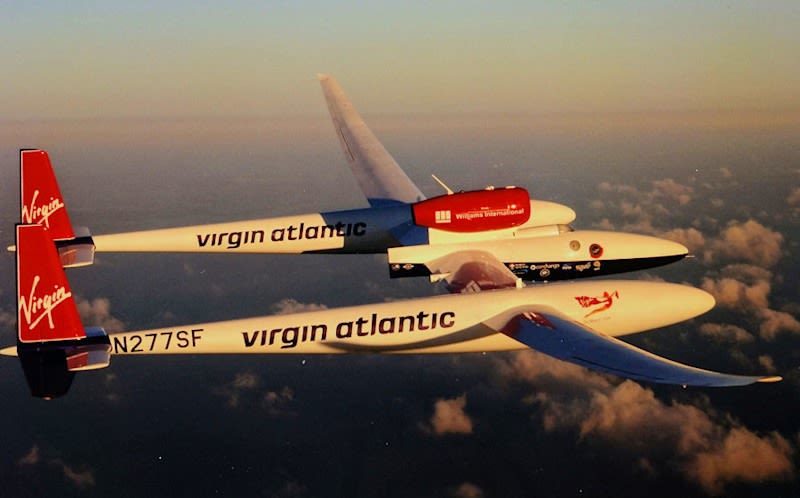A Leap Forward in Sustainable Aviation. In a landmark moment for the aviation industry, Virgin Atlantic’s Flight 100 made history as the first commercial flight to cross the Atlantic using 100% sustainable aviation fuel (SAF). As mentioned by The Guardian in a recent article, this groundbreaking achievement marks a significant step towards reducing aviation’s environmental impact and paves the way for a more sustainable future for air travel.
Sustainable aviation fuel, produced from renewable sources like waste oils and plant-based feedstocks, has the potential to significantly reduce greenhouse gas emissions from aviation. As highlighted also by CNBC, and compared to conventional jet fuel, SAF can cut emissions by up to 80% over its lifecycle.
A Beacon of Innovation
Virgin Atlantic’s Flight 100, which took off from New York JFK and landed in London Heathrow on November 28, 2023, demonstrates the airline’s commitment to environmental leadership and its pioneering role in advancing sustainable aviation. The flight was powered by a blend of SAF provided by Neste, a leading producer of renewable fuels. This demonstration builds upon the successful use of SAF in previous flights, such as a KLM A350 that crossed the Atlantic in 2021 using a blend of 30% SAF.
Paving the Way for a Sustainable Future
This historic flight is a testament to the growing momentum behind sustainable aviation initiatives. Airlines around the world are increasingly investing in SAF production and exploring other emission reduction strategies, such as optimizing flight paths and adopting more efficient aircraft technologies. These efforts are crucial to achieving the aviation industry’s goal of net-zero carbon emissions by 2050.
Transforming the Future of Air Travel
While we are witnessing the electric cars revolution, SAF is expected to play a crucial role in decarbonizing air travel, but its widespread adoption requires scaling up production and ensuring its availability at competitive prices. Governments and industry stakeholders are working together to address these challenges and make SAF a more viable option for airlines. As SAF production increases and its costs decrease, it will become a more mainstream fuel source, enabling the aviation industry to operate more sustainably and contribute to a healthier planet.





